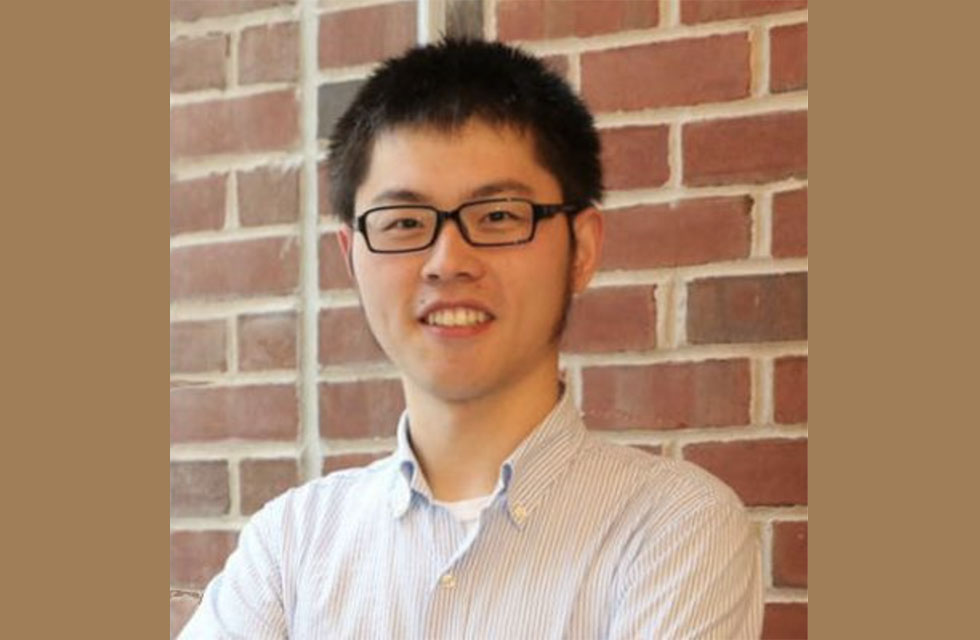Applying Classroom Lessons to Real Life Problems: Advice from a PSC Alumnus
Written By: Asmita Adhikari, PSC Graduate Student
Editor’s Note: This interview was republished from the June Monthly Spotlight section of the University of Maryland, Baltimore (UMB) American Association of Pharmaceutical Scientists (AAPS) student chapter website. To view the original interview, please visit the AAPS student chapter website here.
The AAPS student chapter at UMB dedicates its time and resources to helping students, postdoctoral fellows, and faculty who are interested in the field of pharmaceutical sciences develop and enhance their career paths. One way that we accomplish this goal is by connecting with and sharing insights from former members who have launched their own careers, allowing current students and trainees to learn from their experiences and the challenges they have encountered.
Below, I interview Bowen Jiang, PhD ’18, a formulation scientist at Regeneron Pharmaceuticals who was a student in the lab of Stephen Hoag, PhD, professor in the Department of Pharmaceutical Sciences and director of the Applied Pharmaceutics Lab (APhL) at the School of Pharmacy. Continue reading to see what advice and insights he has for current students and recent graduates who are beginning to make their own marks in the field.
What differences do you notice between your time as a graduate student and your current work as a formulation scientist at Regeneron Pharmaceuticals?
As a PhD student, you really need to think outside of the box to tackle difficult scientific questions. However, as a formulation scientist, my goal is to develop a drug formulation that is safe and stable for patients. It takes more time for industry to adopt the newest excipients or analytical techniques, because the safety of our potential patients is our highest priority.
What resources and professional associations impacted your career development the most?
The association that impacted my career development the most has to be AAPS. There was a mentor program within the AAPS Biotech Section in which each young scientist or graduate student was matched with an established professional based on his/her background and interest. I participated in the program for one year and really learned a lot from my mentor about what to expect when working in industry and how to prepare for the changes that I was sure to encounter. To this day, I still have a good relationship with my industry mentor.
What challenges did you encounter when looking for a job after completing your PhD?
It’s timing that matters most when job hunting. While there might be a lot of positions available for biologics formulation development, finding the right team that you would like to join and work with every day is not always easy. Sometimes your dream company or department might not have a position available when you graduate. As recent graduates, we usually do not have the flexibility that many more established professionals have in the field. I am really grateful that my committee provided flexibility for my gradation date, which allowed me to pursue my dream position.
What advice would you give graduate students who are looking for a position at Regeneron Pharmaceuticals or elsewhere?
The best advice that I can offer is to become more familiar with the sector of the pharmaceutical industry that you are planning to join after graduation. By pursuing an internship or co-op, or joining an industry mentorship program, you will meet people who already have many years of industry experience and strong connections from which you might benefit.

